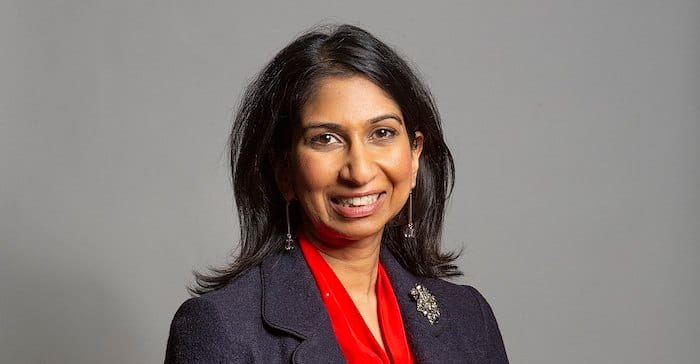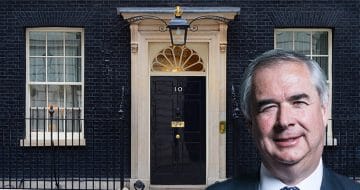Overhaul of ‘outdated’ rules made move possible

The Attorney General has made history as the UK’s first cabinet minister to take maternity leave whilst in office.
Suella Braverman QC MP, 40, the government’s chief legal adviser, will be designated Minister on Leave (Attorney General) during her six months of maternity leave.
It follows a change to the law on Monday allowing senior ministers to take time off for pregnancy, before which they would have had to resign their post. A spokesperson for the Prime Minister had said the rules were “clearly outdated and need fixing”. It’s worth noting, however, that the Ministerial and Other Maternity Allowances Act 2021 does not extend to junior MPs.
In a message posted on Twitter yesterday, Braverman thanked parliament for the cross-party support to pass the historic legislation. “I may be the first but I won’t be the last,” she wrote.
“I hope it sends the message to young women who are interested in pursuing a career in politics that having a young family isn’t out of bounds to them if they wish to work in senior roles.”
Braverman, who is due to give birth to her second child, added that she is looking forward to resuming her role in the autumn.
Her cover will be Michael Ellis QC MP, Downing Street announced yesterday. He has been temporarily promoted from Solicitor General, with Lucy Frazer QC MP in turn replacing him.
Ellis said: “I look forward to working with the many excellent lawyers and officials to play my part in making law and politics work together at the heart of the UK constitution. I wish Suella well on her maternity leave.”
Braverman studied law at Queen’s College, Cambridge before completing pupillage at 2–3 Gray’s Inn Square (now Cornerstone Barristers). Later she joined No5 Chambers specialising in commercial litigation, judicial review, immigration, and planning law. Braverman became Attorney General in February 2020 following a cabinet reshuffle.
The Ministerial and Maternity Allowances Bill was held up in the House of Lords last week when peers objected to the description of pregnant women as “persons”. Ministers later amended the legislation so that they could be officially referred to as mothers.


